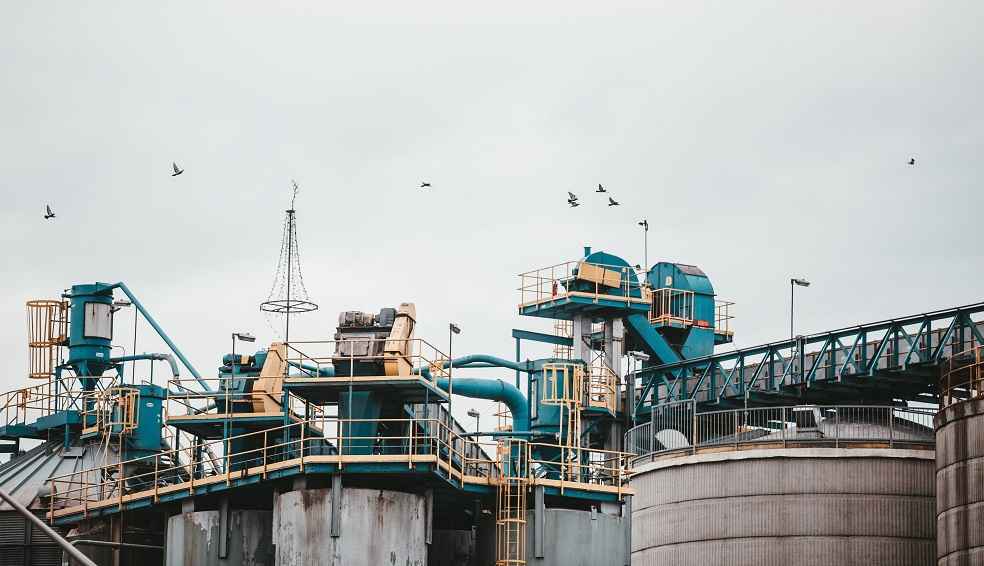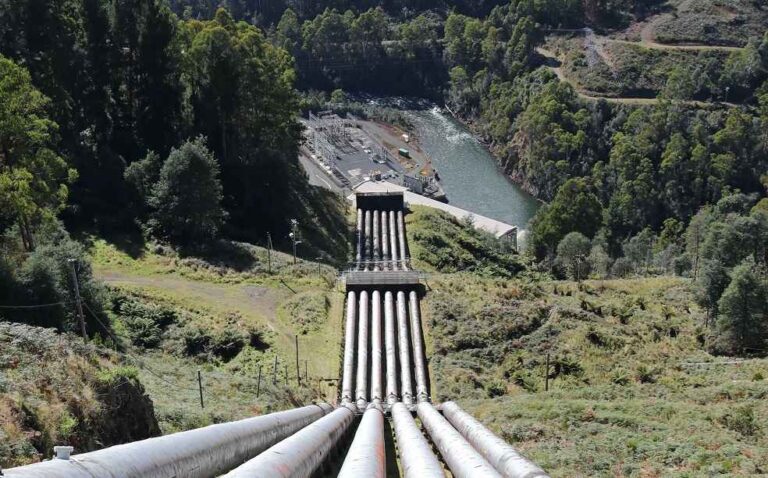Argentina began natural gas exports to Brazil for the first time, using Bolivia’s state-owned infrastructure, Yacimientos Petrolíferos Fiscales Bolivianos (YPFB), on Tuesday.
TotalEnergies, an energy company, exported natural gas from Argentina’s Vaca Muerta formation to Matrix Energy in Brazil. The gas is transported via Argentina’s TGN and TGS pipelines to Salta, then through Bolivia’s YPFB network, including the Madrejones pipeline, under a three-way agreement finalized in late 2024.
The Brazil-Bolivia Gas Pipeline (Gasbol), capable of transporting up to 30 million cubic meters of natural gas daily, is currently operating at 10 million cubic meters per day. Over the next five years, plans are underway to gradually increase the volume to meet Brazil’s rising industrial needs.

Bolivian authorities noted that the country has shifted its strategy from exporting to leasing its pipelines. The move not only generates revenue but also strengthens Bolivia’s position as a crucial energy hub in the Southern Cone region. Argentina intends to revitalize its energy sector with the natural gas shipments of 2 million cubic meters per day.
YPFB President Armin Dorgathen revealed that fuel supplies in Bolivia’s key cities—Santa Cruz, La Paz, and Cochabamba—have stabilized, easing pump queues. YPFB is currently distributing more than 7.7 million liters of diesel and 8 million liters of gasoline daily, with additional shipments arriving at the Chilean port of Arica.

Dorgathen dismissed claims of overpricing fuel imports, stressing that prices follow international standards. He noted that gas previously exported to Argentina will now be redirected to Brazil, where demand is higher and prices are more competitive.
Fuel supply has been restored in Bolivia’s major cities, including Santa Cruz de la Sierra, La Paz, and Cochabamba. According to Dorgathen, the queues for gasoline in Santa Cruz and La Paz have significantly diminished, indicating progress in stabilizing the supply.
TRADE TECH | Vietnam Adopts Green, Digital Export to Meet Global Standards



